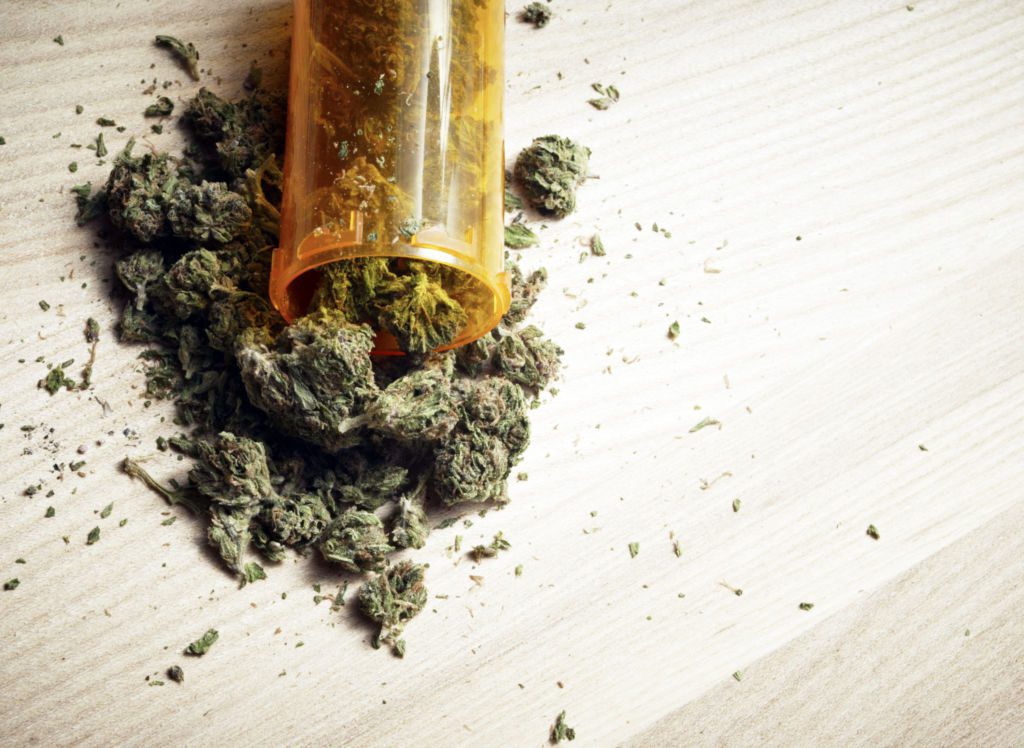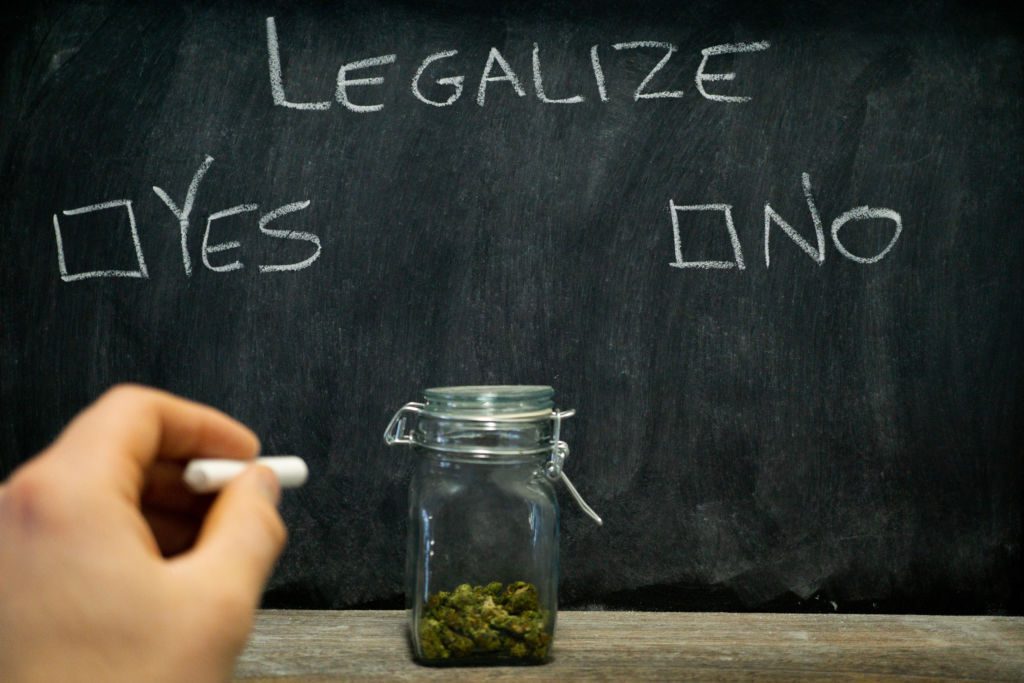Should Marijuana Be Legal For Medical Purposes: Pros And Cons
Marijuana, also called cannabis, is a drug that affects how the human brain perceives and functions.
Occasionally, marijuana gets used medicinally; in this case, it gets prescribed in modest doses. In most countries, marijuana is still illegal, and anyone found in possession of it faces jail time. Nevertheless, a few nations have different views on making the substance legal for personal and public use.
Today we will explore the question: Should medical marijuana be legalized? And the pros and cons.

Should Medical Marijuana Be Legalized?
The effectiveness of medical marijuana for medical purposes is still up for debate. Marijuana use for medical purposes is legal in more than 30 states in the US. Moreover, an increasing amount permits leisure use. However, marijuana still gets listed as a Schedule I controlled substance by the federal government.
Cannabis legalization is a contentious issue, with both proponents and opponents. This article discusses both sides of the medical marijuana legalization debate.
The Pros Of Legalizing Medical Marijuana
Americans overwhelmingly support the legalization of medical marijuana, citing several possible health benefits such as:
- Relieving Nausea: Cannabis is useful for relieving nausea and vomiting. In studies, cannabis has reduced chemotherapy-related nausea and almost completely prevented vomiting.
- Relaxing the Muscles: People living with Multiple sclerosis and paralysis may find relief from muscle spasms by taking marijuana.
- Bringing Back Appetite: Patients with HIV/AIDS and certain forms of cancer may benefit from using marijuana to address their loss of appetite.
- Relieving Chronic Pain: Certain types of chronic pain, particularly neuropathic pain, can be alleviated by using medical marijuana.
Aside from the medical benefits, those who favor legalizing medical marijuana in the pros and cons debate maintain that it is safer. Compared to other painkillers, marijuana has a lower risk of side effects.
Moreover, there are numerous methods to use it. You can enjoy marijuana’s benefits without smoking it. Non-smoking applications of cannabidiol oil (CBD), topical pain relief therapies, edibles, and more are now accessible.
Lastly, in the pros and cons legalization debate is that marijuana is natural. People have used marijuana for therapeutic purposes for millennia, which is effective.

The Cons Of Legalizing Medical Marijuana
While marijuana does hold many medical benefits, there are still some serious downsides that you must consider. Here are a few of the arguments from those who oppose legalizing medical marijuana in the pros and cons debate include:
- Negatively Affecting Memory: Frequent marijuana use can significantly impact your short-term memory.
- Impairing Cognition: Your cognitive or thinking abilities may get hampered by frequent use.
- Damaging the Lungs: Any substance you smoke, including tobacco and marijuana, can harm your lungs. Additionally, marijuana use may raise the chance of developing lung cancer.
- Abusing its Use: Abuse and addiction are risks associated with marijuana.
Increasing Accident Risks: The use of marijuana impairs driving abilities and raises the possibility of auto accidents.

Conclusion on should medical marijuana be legalized
The availability of medical marijuana in the United States is on the rise. Doctors prescribe marijuana frequently to treat chronic pain, muscle spasms, nausea, vomiting, and enhanced appetite. On the other hand, it can also impair cognition and memory, raise the likelihood of an accident, injure the lungs, and increase cancer risk.
More research is required to grasp the advantages of using marijuana for medical purposes fully. On the other hand, research, access, and legality will continue to be challenging as long as marijuana gets classified as a Schedule I controlled substance.
People can now continue to weigh the pros and cons of legalizing medical marijuana.
Want to learn more? Check out The Pros And Cons Of Marijuana For Medical Use!
